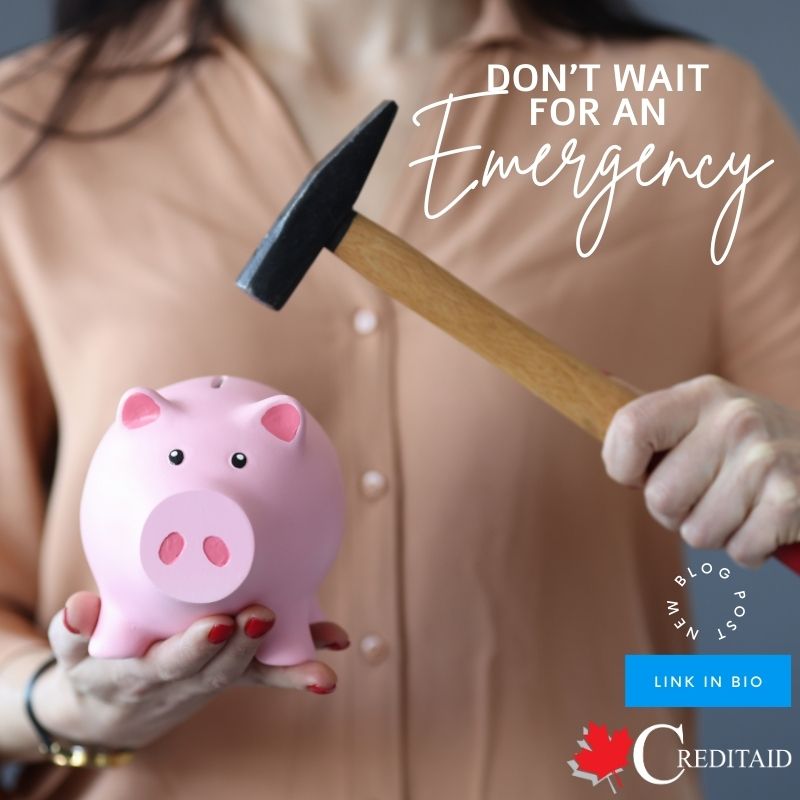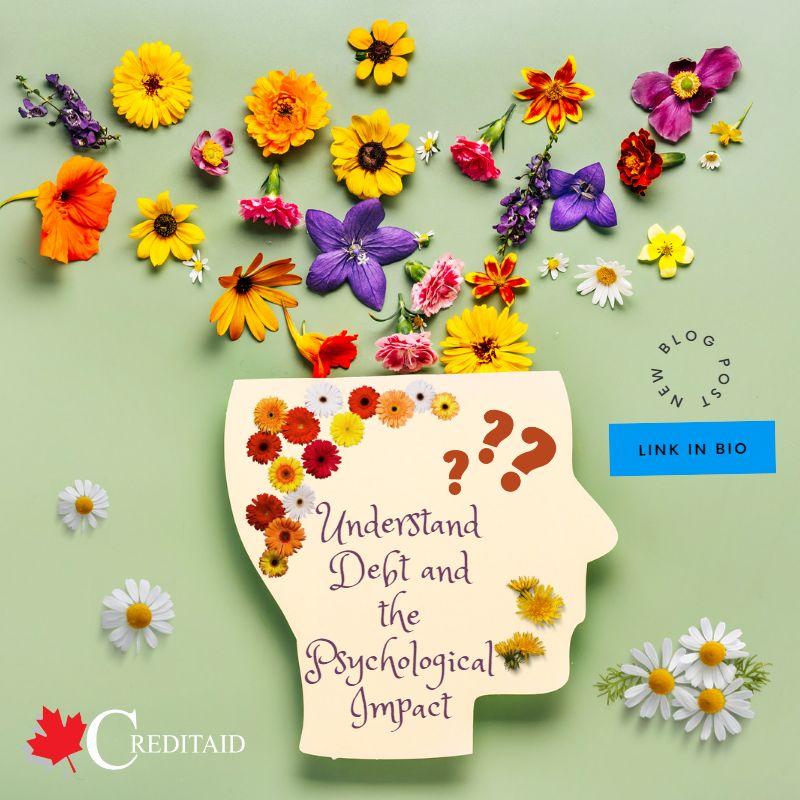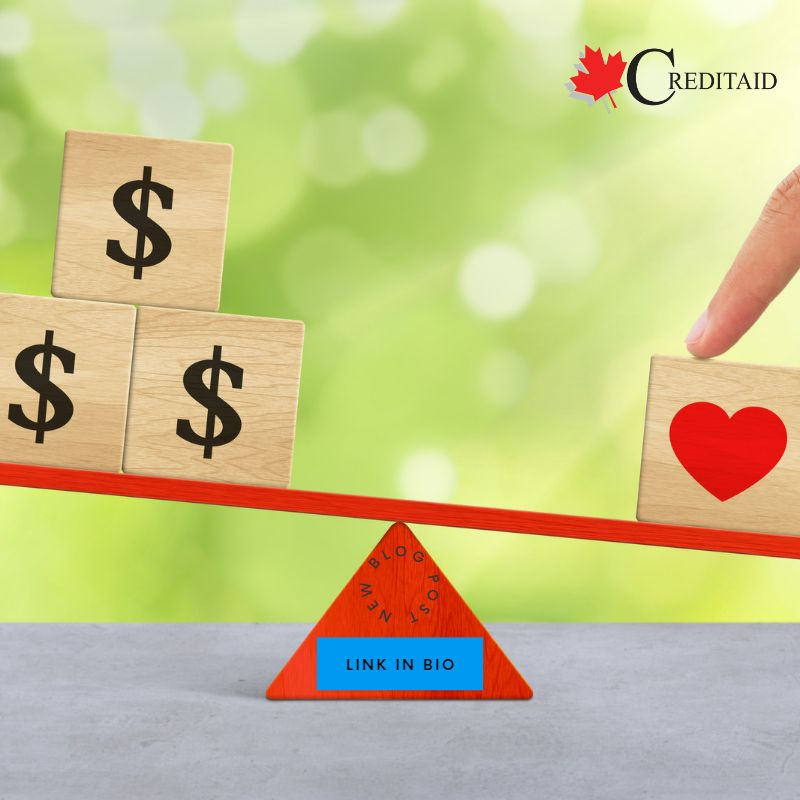The holiday season is a time for joy, celebration, and spending quality moments with loved ones. However, for many Canadians, it also brings a financial hangover in the form of post-holiday debt. Overspending during the holidays is a common pitfall, but the good news is that with the right strategies and support from Creditaid, you can address and overcome post-holiday debt effectively.
Understanding the Post-Holiday Debt Challenge
The allure of festive decorations, gift-giving, and holiday feasts can sometimes lead to overspending. It’s easy to get caught up in the spirit of the season and lose track of your budget. As a result, many people find themselves facing the reality of post-holiday debt when the bills start arriving in January.
Post-holiday debt can manifest in various ways, including credit card debt, personal loans, and even payday loans taken out to cover holiday expenses. The stress and anxiety that often accompany this financial burden can take a toll on your overall well-being.
Step 1: Face the Numbers
The first step in addressing post-holiday debt is to face the numbers. Take a deep breath, gather all your holiday-related bills and statements, and create a comprehensive list of your outstanding debts. This includes credit card balances, store credit accounts, and any other financial obligations incurred during the holiday season.
Having a clear understanding of the extent of your debt is essential to develop a repayment plan.
Step 2: Create a Realistic Repayment Plan
Once you have a complete picture of your post-holiday debt, it’s time to create a realistic repayment plan. This is where Creditaid’s expertise comes into play. We can help you assess your financial situation, establish a budget, and identify areas where you can cut back on expenses to allocate more funds toward debt repayment.
Our debt consolidation services can also be a powerful tool to simplify your finances. By consolidating multiple high-interest debts into a single, more manageable monthly payment, you can reduce the stress of juggling multiple creditors and potentially lower your overall interest costs.
Step 3: Prioritize High-Interest Debts
Not all debts are created equal. Some may carry significantly higher interest rates than others. It’s crucial to prioritize paying down high-interest debts first, as they can quickly accumulate and become a substantial financial burden.
Work with Creditaid to determine which debts have the highest interest rates and focus your efforts on paying them down more aggressively while making minimum payments on lower-interest debts.
Step 4: Avoid Accumulating More Debt
To successfully address post-holiday debt, it’s essential to avoid accumulating additional debt. This may mean making temporary sacrifices and cutting back on discretionary spending until your debt is under control.
Resist the temptation to use credit cards for non-essential purchases and be mindful of your spending habits. Creditaid can provide you with valuable financial education resources to help you make better financial decisions and resist the urge to overspend.
Step 5: Seek Professional Guidance
Dealing with post-holiday debt can be overwhelming, and that’s where Creditaid’s can help. Our team specializes in debt consolidation and debt management solutions tailored to the needs of Canadians.
If you find yourself struggling to manage post-holiday debt, don’t hesitate to reach out to Creditaid for professional guidance and support. We can help you create a personalized plan to regain control of your finances and set you on the path to financial stability and freedom.
In conclusion, post-holiday debt is a common challenge, but it can be addressed effectively with the right strategies and support. Creditaid is here to help you overcome post-holiday debt and start the new year on financially sound footing. Contact us today to learn more about our debt consolidation and financial management services, and let’s work together to achieve your financial goals.











